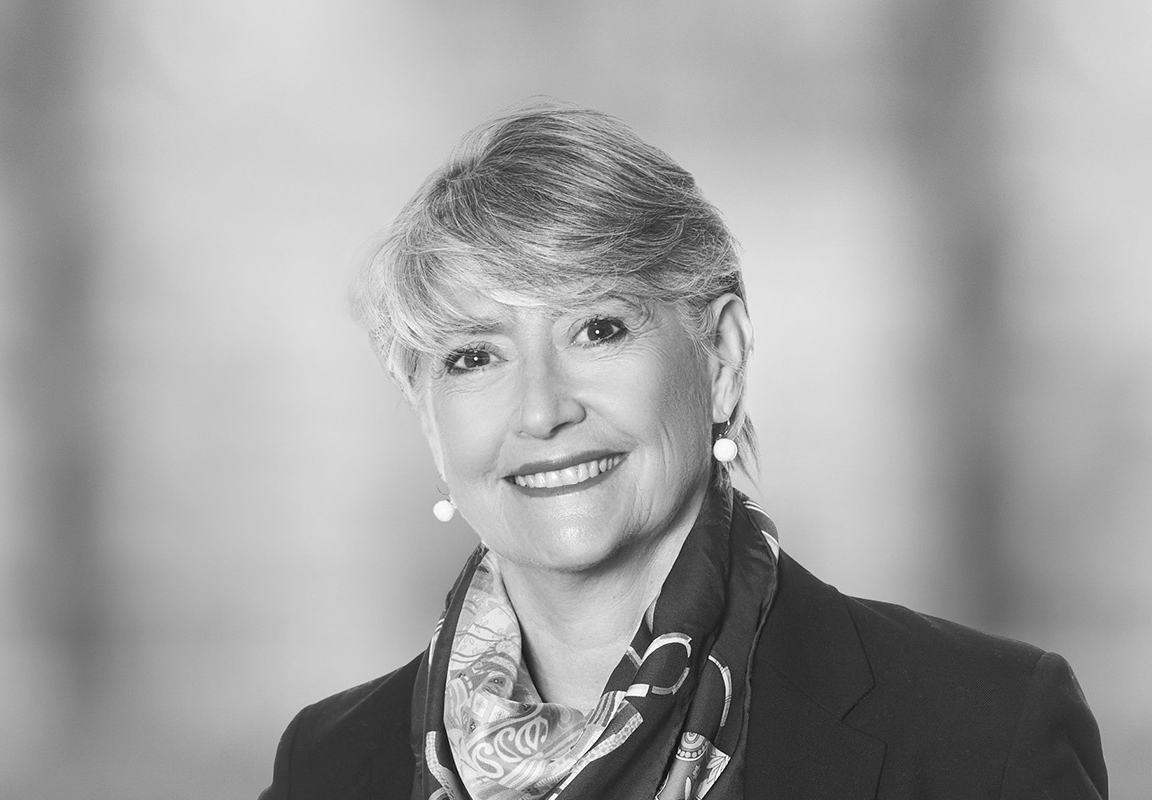
Milieudefensie et al v. Shell: Climate change claimants prevail again in Dutch court – this time, against corporations
6 min read
In what is likely to become a landmark decision for climate change claimants, The Hague District Court has ordered Shell to reduce CO2 emissions by 45% by 2030 relative to 2019 levels. Following the decision of the Dutch Supreme Court in Urgenda, which established that, by failing to pursue a more ambitious greenhouse gas emissions reduction target, the Dutch government had breached its obligations under the European Convention on Human Rights ("ECHR"), The Hague District Court has now applied the same principle to Dutch private corporations, finding that they, too, owe a duty to mitigate the impacts of climate change.
Background
On 5 April 2019, a group of seven Dutch NGOs and more than 17,000 individual claimants ("Milieudefensie et al." or "claimants") filed a case against Royal Dutch Shell ("RDS") seeking a declaration that the annual CO2 emissions of the global Shell group constituted an unlawful act against the claimants for which RDS was responsible, and that RDS must reduce the Shell group's CO2 emissions by 45% by 2030 relative to 2019 levels.
The claims brought by Milieudefensie et al. effectively sought to extend the principles established in Urgenda v Netherlands (discussed here) to a private corporation. Milieudefensie et al. argued that, as a parent company and an entity in charge of setting the corporate policy of the Shell group, RDS owed a duty of care to the claimants under the Dutch Civil Code to take steps to prevent dangerous climate change.
Standing and Applicable Law
The court dealt with two preliminary matters: standing and applicable law.
Standing
To establish standing as a matter of Dutch law, the claimants had to prove that the class action against RDS sought to protect the similar interests of other persons. The court found that the "common interest of preventing dangerous climate change by reducing CO2 emissions can be protected in a class action", but held that the "interests of current and future generations of the world's population … is not suitable" for a class action under Dutch law. However, the court also found that the interests of current and future generations of Dutch residents were sufficiently similar to be served by a class action because climate change will affect all Dutch residents similarly.
On this basis, the court declared that one of the NGOs, ActionAid, whose activities relate primarily to developing countries, lacked standing; as did the 17,000 Dutch citizens whose interests were already served by the actions brought by the other claimants. The remaining six NGOs were permitted to proceed with their claims insofar as they pertained to the interests of current and future generations of Dutch residents.
Applicable law
Milieudefensie et al. argued that, under Article 7 of the Rome II Regulation ("Rome II"), it was entitled to choose Dutch law as the law applicable to its claims. Article 7 of Rome II provides that, where a non-contractual obligation arises out of environmental damage, the claimant may choose to base its claim on the law of the country in which the "event giving rise to the damage occurred". According to Milieudefensie et al., the event giving rise to the damage in this case was the adoption by RDS, with a head office established in the Netherlands, of the corporate policy of the Shell group.
RDS maintained that the mere adoption of its corporate policy did not give rise to damage to the environment. Rather, CO2 emissions caused the damage, meaning that claims must be based on the law of each jurisdiction in which CO2 emissions occurred.
The court held that RDS's interpretation of Article 7 was too narrow. The corporate policy adopted by RDS constituted an "independent cause" of environmental damage and, as such, Dutch law is the applicable law.
The Decision
Dutch law and human rights
The claimants argued that RDS was bound by the so-called "unwritten standard of care" in Book 6, Section 162 of the Dutch Civil Code – which implies a duty of care not to act in conflict with customary rules – to take steps to prevent dangerous climate change.
Echoing the successful arguments in Urgenda, Milieudefensie et al. claimed that RDS was bound by Dutch law to respect the claimants' human rights. In particular, the claimants relied on Article 2 (right to life) and Article 8 (right to a private and family life) of the ECHR.
While the claimants could not invoke the ECHR rights against RDS directly, the court nevertheless accepted that human rights played a role in the relationship between the claimants and RDS. The court said it would therefore "factor in the human rights and the values they embody in its interpretation of the unwritten standard of care". The court accepted Urgenda as authority that Articles 2 and 8 of the ECHR offer protection against the consequences of dangerous climate change due to CO2 emissions and concluded that "the serious and irreversible consequences of dangerous climate change … pose a threat to the human rights of Dutch residents".
The court also relied on sources of 'soft law' in its interpretation of the unwritten standard of care. In particular, it drew on the human rights responsibilities of businesses set out in the UN Guiding Principles ("UNGP"). The UNGP is non-binding, but as an authoritative and internationally endorsed soft law instrument, the court considered it suitable as a guideline for interpreting the unwritten standard of care.
Having reviewed the relevant sources of human rights, the court noted that, as the policy-setting body for a major player in the worldwide fossil fuel market, "much may be expected of RDS" in the way of active steps to safeguard human rights.
RDS's reduction obligation
The court ruled that, despite being non-binding as against RDS, the goals of the Paris Agreement – namely that global warming must be kept well below 2°C compared to pre-industrial levels – were relevant to determining the extent of RDS's CO2 emissions "reduction obligation".
The court distinguished between emissions of the Shell group and the wider group of entities within Shell's business network, including end-users, and recognised that RDS bore a higher degree of responsibility for the former than the latter, for which it lowered the standard of RDS's obligation to "significant best efforts". It nevertheless concluded that RDS had an obligation to reduce CO2 emissions from the Shell group's activities (including indirect emissions by third parties resulting from those activities) by 45% by the end of 2030 relative to 2019.
The court went on to criticise steps taken by RDS to date as "intangible, undefined and non-binding" and noted that "[e]missions reduction targets for 2030 are lacking completely". It added that while RDS is not currently in breach of its reduction obligation, its lack of action suggests an "imminent violation".
Comment
The decision of The Hague District Court follows in the wake of the landmark decision in Urgenda, in which the Dutch Supreme Court ruled that, by failing to pursue a more ambitious greenhouse gas emissions reduction target, the Netherlands government was in breach of its obligations under Articles 2 and 8 of the ECHR.
This decision represents, in effect, an extension of the principles established in Urgenda to private corporations in that they can now be said to owe a duty under Dutch law to take steps to mitigate climate change, and that the human rights of Dutch residents are relevant to that duty.
Even before this decision, the number of climate change-related claims against corporations was increasing. There has also been a pivot towards rights-based claims, in which claimants have been successful in multiple jurisdictions. While the decision is provisionally enforceable and Shell has stated that it intends to appeal, the decision will undoubtedly embolden claimants to pursue further climate change-related claims against energy and fossil fuel companies on human rights grounds, so the number of claims worldwide is set to increase.
Click here to see full "Climate change disputes: Sustainability demands fuelling legal risk"
White & Case means the international legal practice comprising White & Case LLP, a New York State registered limited liability partnership, White & Case LLP, a limited liability partnership incorporated under English law and all other affiliated partnerships, companies and entities.
This article is prepared for the general information of interested persons. It is not, and does not attempt to be, comprehensive in nature. Due to the general nature of its content, it should not be regarded as legal advice.
© 2021 White & Case LLP



